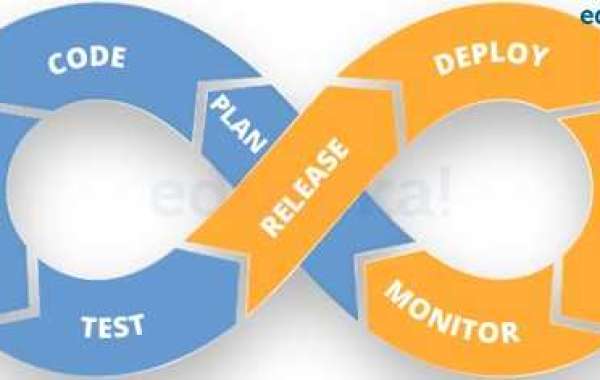DevOps, as a set of practices and principles aimed at enhancing collaboration between development and IT operations teams, plays a pivotal role in addressing security concerns in the software development and deployment lifecycle. While DevOps primarily focuses on accelerating software delivery and improving operational efficiency, it also integrates security seamlessly into the process. This integration of security into DevOps practices is often referred to as "DevSecOps."
DevOps plays a vital role in addressing security by integrating security practices and principles throughout the software development and deployment lifecycle. Apart from it Apart from it by obtaining DevOps Course, you can advance your career in DevOps. With this course, you can demonstrate your expertise in Power BI Desktop, Architecture, DAX, Service, Mobile Apps, Reports, many more fundamental concepts, and many more.
Key ways in which DevOps addresses security include:
Shift-Left Security: DevOps promotes a "shift-left" approach to security, where security considerations are introduced as early as possible in the software development lifecycle. By integrating security into the development process from the outset, teams can identify and address vulnerabilities and compliance issues before they propagate downstream, reducing the cost and effort required to remediate security flaws later in the development cycle.
Automated Security Testing: DevOps emphasizes the use of automation to streamline the testing process, including security testing. Security testing tools and practices, such as static application security testing (SAST), dynamic application security testing (DAST), and container security scanning, are integrated into the continuous integration and continuous delivery (CI/CD) pipeline. This allows for the automated detection of vulnerabilities and security weaknesses in code and configurations.
Continuous Security Monitoring: DevOps teams implement continuous security monitoring to detect and respond to security incidents and threats in real time. This proactive approach helps identify and mitigate security breaches quickly, minimizing their impact on the organization.
Infrastructure as Code (IaC) Security: DevOps encourages the use of Infrastructure as Code (IaC) for provisioning and managing infrastructure. IaC templates can be designed with security best practices in mind, ensuring that infrastructure is configured securely and consistently across environments.
Security Compliance as Code: DevOps teams can codify security compliance requirements, creating "compliance as code" to automate the validation of security policies and regulations. This ensures that the deployed infrastructure and applications adhere to the necessary security standards and compliance frameworks.
In conclusion, It promotes a proactive, automated, and collaborative approach to security, helping organizations identify and mitigate vulnerabilities and security threats early in the process, ultimately enhancing the security posture of software systems and infrastructure.














